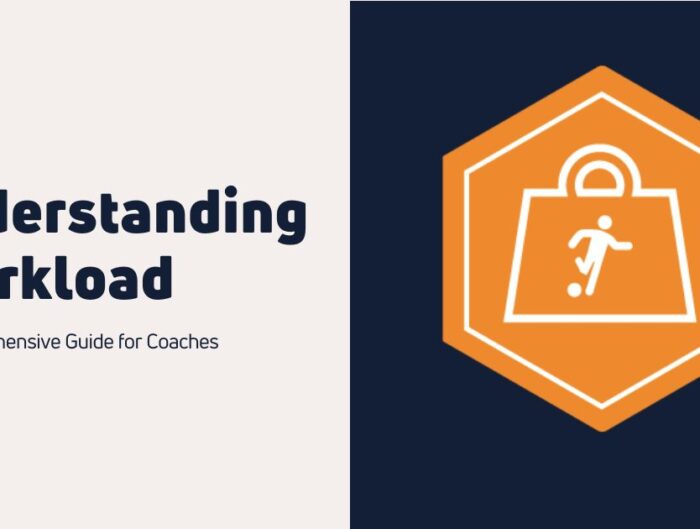In today’s sports landscape, objective data has become a game-changer, providing coaches and teams with invaluable insights into player performance. From quantifiable metrics like speed and distance covered to intricate tactical analysis, objective data offers a wealth of information that can shape training strategies and game-day decisions.
When players are under physical and mental pressure, however, subjective data proves to be of equal importance, offering a unique glimpse into their well-being. Subjective data – the human element – allows coaches to proactively identify potential burnout, stress, or anxiety, and foster a supportive environment that promotes player growth and resilience.
Let’s take a closer look at the power of subjective data:

Identifying Potential Burnout and Stress
Subjective data, such as player wellness surveys and self-reported feedback, allows athletes to express their feelings and emotions openly. When athletes are facing high levels of physical and mental stress, they might experience symptoms of burnout or anxiety. By regularly assessing and analyzing subjective data, coaches can detect signs of burnout or stress early on, enabling them to intervene and provide the necessary support or resources.

Fostering Open Communication
Subjective data empowers athletes to voice their concerns, challenges, and limitations without fear of judgment. It opens up communication channels between coaches and players, creating a safe space for honest discussions. When players feel heard and understood, they are more likely to share their struggles, allowing coaches to address issues proactively and tailor training programs accordingly.

Supporting Mental Well-being
In sports, mental well-being is as crucial as physical fitness. Subjective data provides insights into an athlete’s mental state, including motivation levels, confidence, and overall mood. Coaches can use this information to implement mental health strategies, offer mental skills training, or bring in professionals from other disciplines to help improve players’ well-being both in and outside of their sport.
By nurturing mental health in sports, we can also enhance the player’s quality of life and ensure they are better equipped to handle the challenges they face beyond their athletic careers.

Preventing Performance Decline
If stress, anxiety, or burnout are left unaddressed, they can significantly impact an athlete’s performance. Subjective data helps coaches identify any negative trends early, allowing them to intervene with appropriate strategies to prevent performance decline. By creating a supportive environment that encourages open dialogue, athletes are more likely to seek help when needed, resulting in better overall performance.

Building Trust and Unity
When coaches actively engage with subjective data and take the concerns of their players seriously, it builds trust and fosters unity within the team. Players feel valued as individuals, not just as athletes, and this sense of support enhances team cohesion. As a result, athletes are more likely to work together, support each other, and perform as a cohesive unit on the field.
Adopting a Holistic Approach
In modern sports, success lies in a powerful duo: objective and subjective data. When objective and subjective data join forces, teams can truly unlock the full potential of their players, forge stronger bonds, and achieve greatness on and off the field.
At Beyond Pulse, we believe objective data + subjective data is a winning formula, so we teamed up with the SoccerPulse App to integrate our technologies.
SoccerPulse and Beyond Pulse users can can now access and analyze both their subjective SoccerPulse data side by side with their objective Beyond Pulse data.

 FRA
FRA































